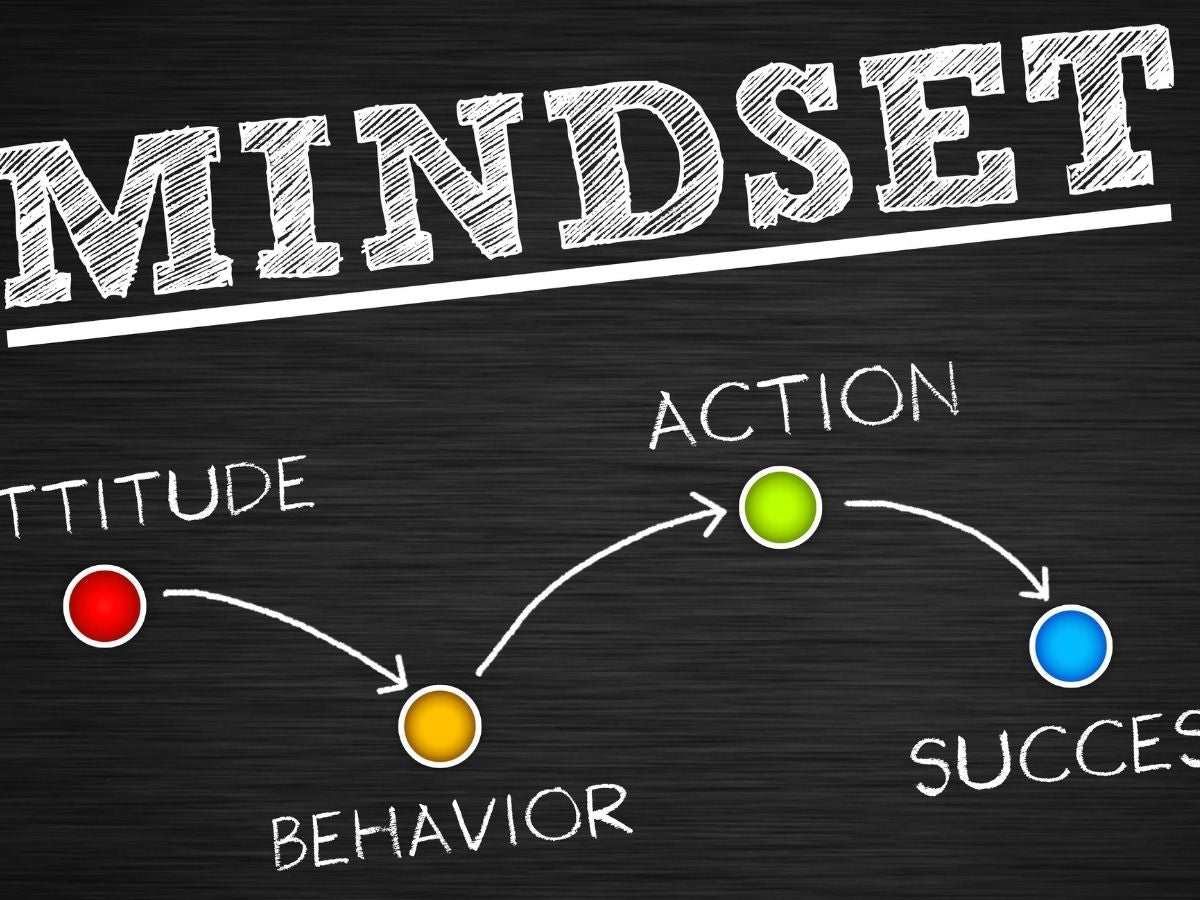
The Motivation Myth
We all start new fitness goals feeling fired up—ready to eat clean, train hard, and change everything overnight. Then real life hits: work stress, fatigue, unexpected events. Motivation fades, and most people think they “lost their discipline.”
But here’s the truth: motivation is unreliable. It’s not supposed to last—it’s an emotional spark, not a system. Long-term progress comes from habits and structure, not feelings.
1. Why Motivation Always Fades
Motivation is driven by emotion, not logic. It spikes when things feel exciting or new and drops when effort meets resistance. Your brain’s dopamine system rewards novelty and instant gratification—not delayed progress.
That’s why after a few weeks, workouts start feeling harder and temptations stronger. It’s not weakness—it’s biology.
2. The Power of Structure Over Motivation
Success comes from systems that make action easier.
- Schedule your workouts like appointments.
- Meal prep before the week begins.
- Keep healthy foods visible and trigger foods out of sight.
You don’t need motivation when the environment is set up to make the right choice the default.
3. Redefining “Discipline”
Discipline isn’t forcing yourself through misery—it’s reducing decision fatigue. It’s having a plan that keeps you moving even when energy dips.
Ask yourself: “How can I make my plan easier to follow when I’m tired or busy?” That’s real discipline.
4. Build Momentum, Not Perfection
People often fail because they expect perfect consistency. Instead, focus on momentum:
- Miss one workout? No problem—get the next one in.
- Slip on nutrition? Get back on track at the next meal.
Momentum compounds faster than perfection ever will.
Key Takeaway
Motivation is the ignition, not the engine. Rely on structure, habits, and momentum—and you’ll keep progressing long after the initial excitement fades.
